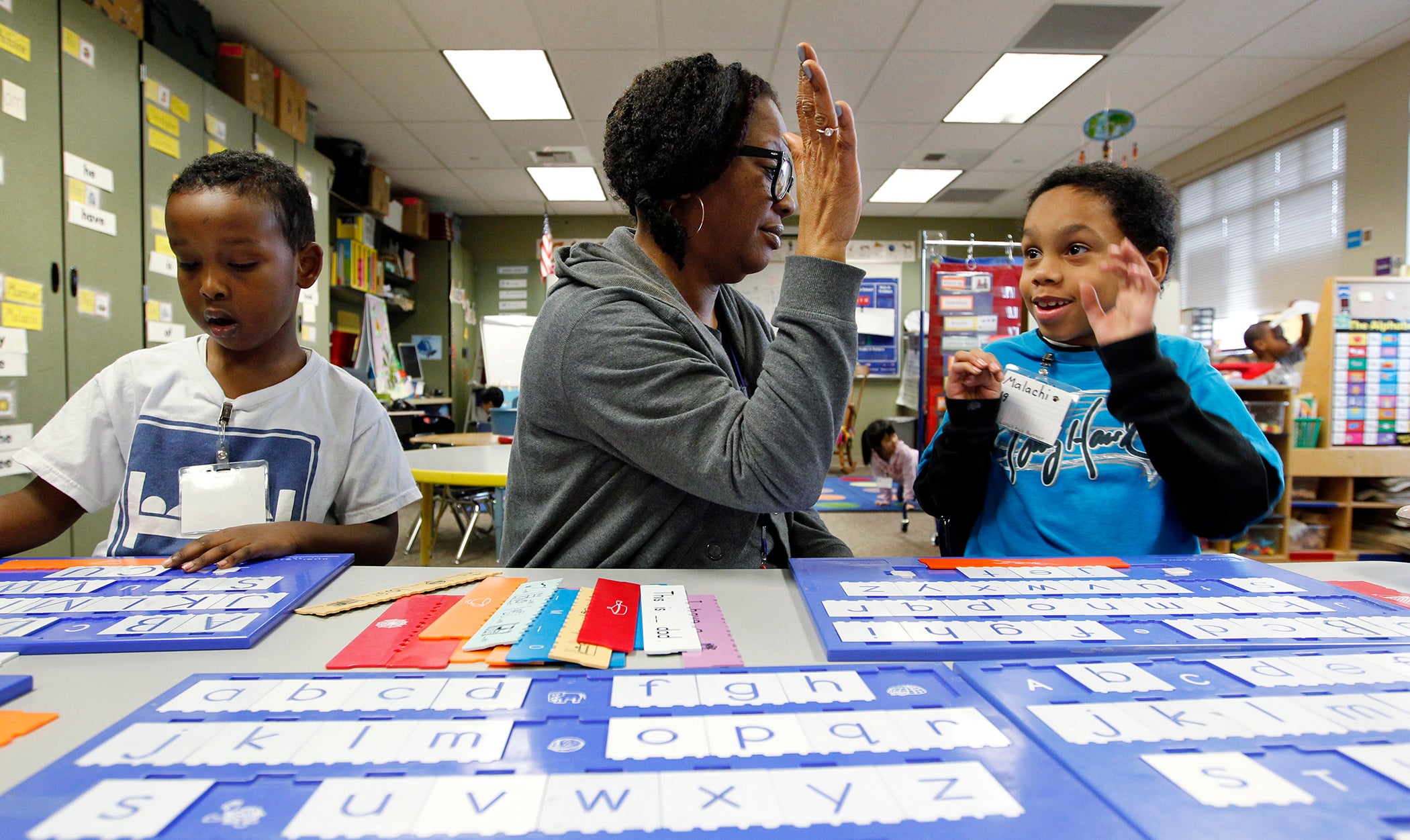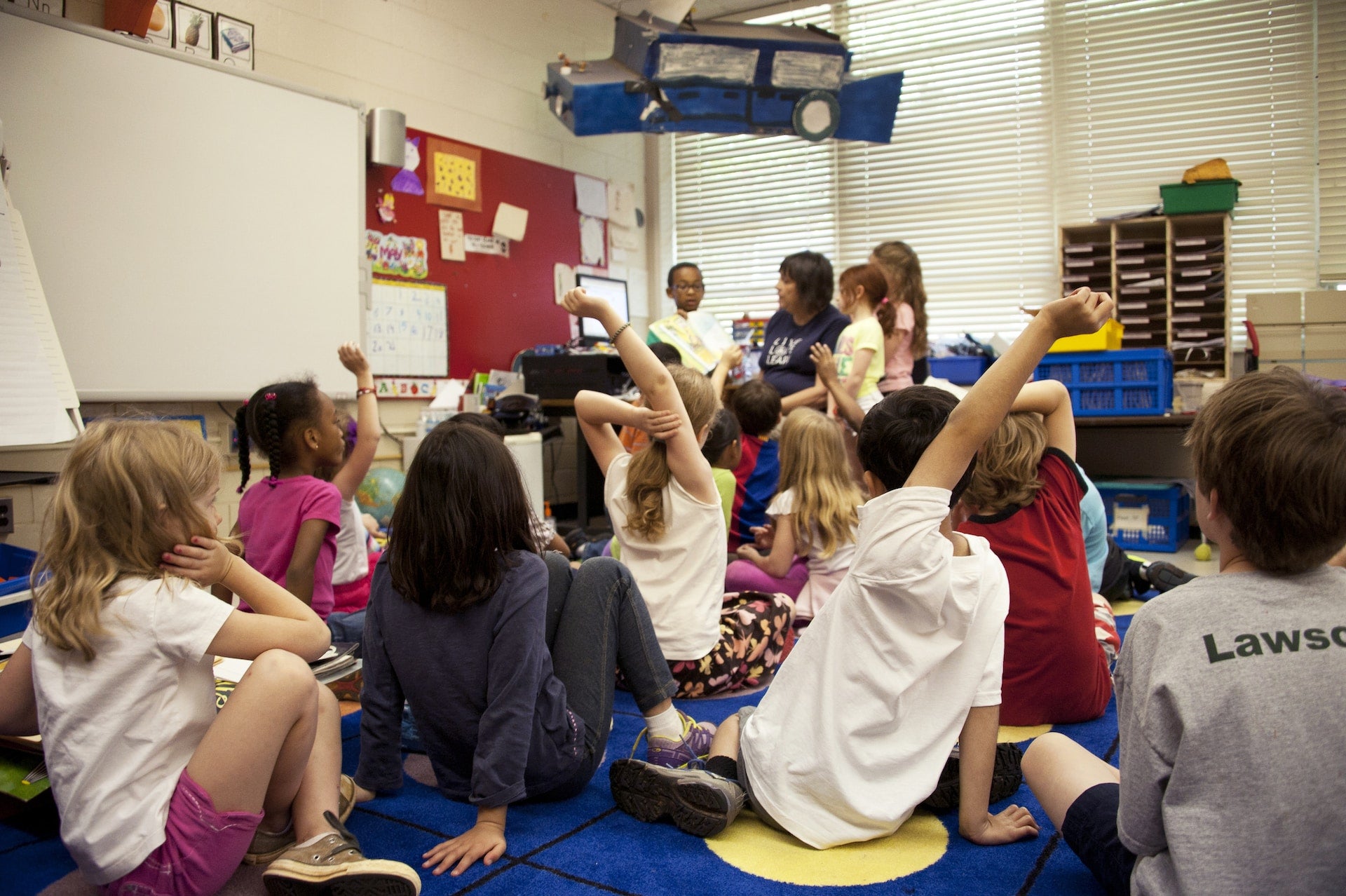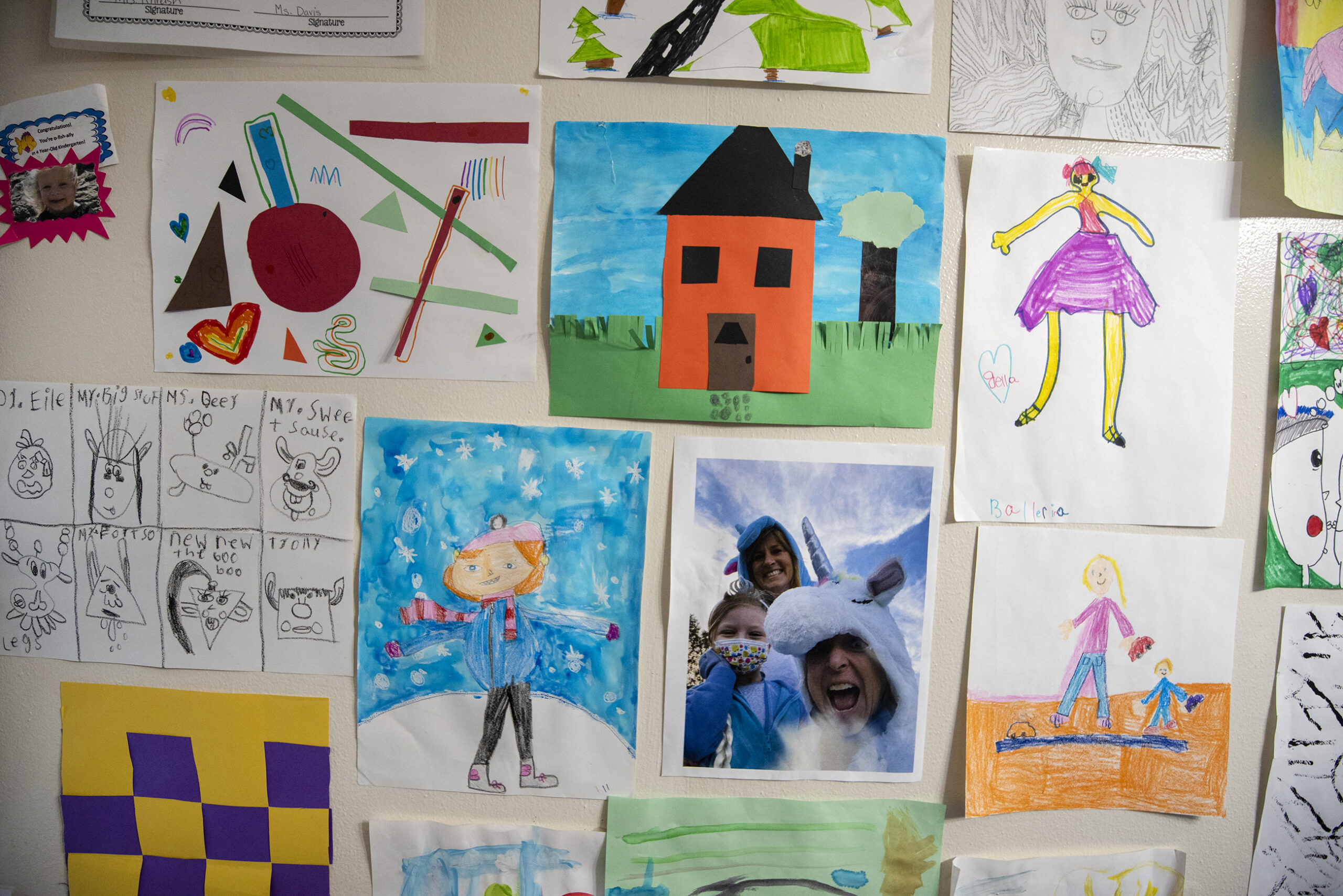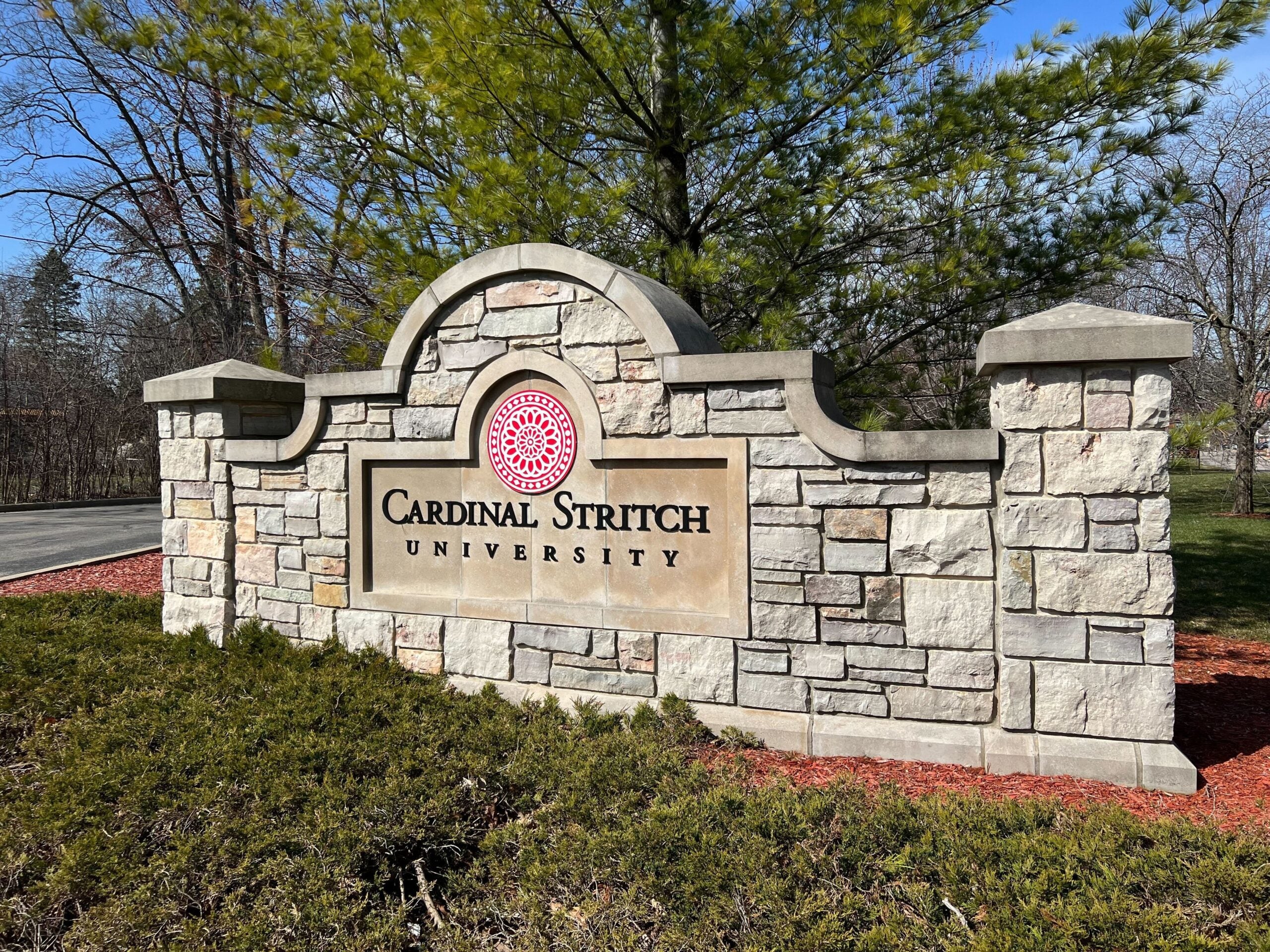Summer school is winding down for many kids in the Wisconsin. At Milwaukee Public Schools, class is wrapping up Thursday for elementary students who are enrolled in the district’s new “Summer Academies.” The new academies are focused on preventing summer learning loss.
On this hot July day, Debra Rueland’s attentive third grade class at Hi Mount Elementary school is learning about animal adaptations and life cycles.
Milwaukee Public Schools has revamped its half-day summer elementary school program. The newly named “Summer Academies” focus primarily on reading and math and are designed not only to catch up kids where they may have fallen behind: They’ve also now built in curricula to help kids get a head start on the first six weeks of their fall coursework.
Stay informed on the latest news
Sign up for WPR’s email newsletter.
Debra Kuether is a district reading curriculum specialist. She says there’s also a lot more hands-on learning built into Summer Academies than you’d find during the regular school year. She says it’s an effort to keep kids engaged. “For example, in a first grade classroom they might be talking about sound waves and so there’s an activity where the kids take bags with water in them and bags with air and they look at how sound wave travels.”
Educators say the summer months are extremely important. Jennifer McCombs is a Senior Policy Researcher at think tank The RAND Corporation, where she co-authored a study about what’s commonly called the ‘summer slide’: “Research indicates that students come back from the summer having lost about a month’s worth of knowledge.”
And McCombs says children are affected disproportionately, “What’s happening is low income students are falling behind while their middle and higher income peers are maintaining their knowledge or potentially even gaining and this is particularly a problem in reading.”
McCombs says that children of middle income families often have more opportunities in the summer for learning than their lower income peers do. For example, she says they may attend summer camps, or they’re more likely to read for pleasure.
Heidi Ramirez is the former Chief Academic Officer at Milwaukee Public Schools. She says the district is working hard to address the summer slide. Ramirez says last year they started doing things differently, and they now more carefully target students for summer school, “We’ve got much better data systems than we had in the past to identify which kids really need support. They’re doing much more specific outreach to those kids who are either falling behind or at risk of falling behind: that includes young children as well as 11th and 12th graders who need support in credit recovery.”
But Ramirez says once identified, there are some hurdles to getting kids enrolled. “There are certainly some who think that summer means its vacation and time off, and so how do we entice them and their parents to do this?”
Ramirez says that logistics and family care are often issues, especially for parents who have multiple children, some of whom may not be in summer school.
But MPS’s Debra Kuether says that once they get students through the classroom doors, they’re usually more than willing to stay. “They might be bummed out because they had to go to summer school, and they maybe heard someone else didn’t have to go. But when they get here they meet new friends — they see new friends — it’s no problem. I think they’re happy to be with a group and they enjoy it.”
Wisconsin Public Radio, © Copyright 2024, Board of Regents of the University of Wisconsin System and Wisconsin Educational Communications Board.




